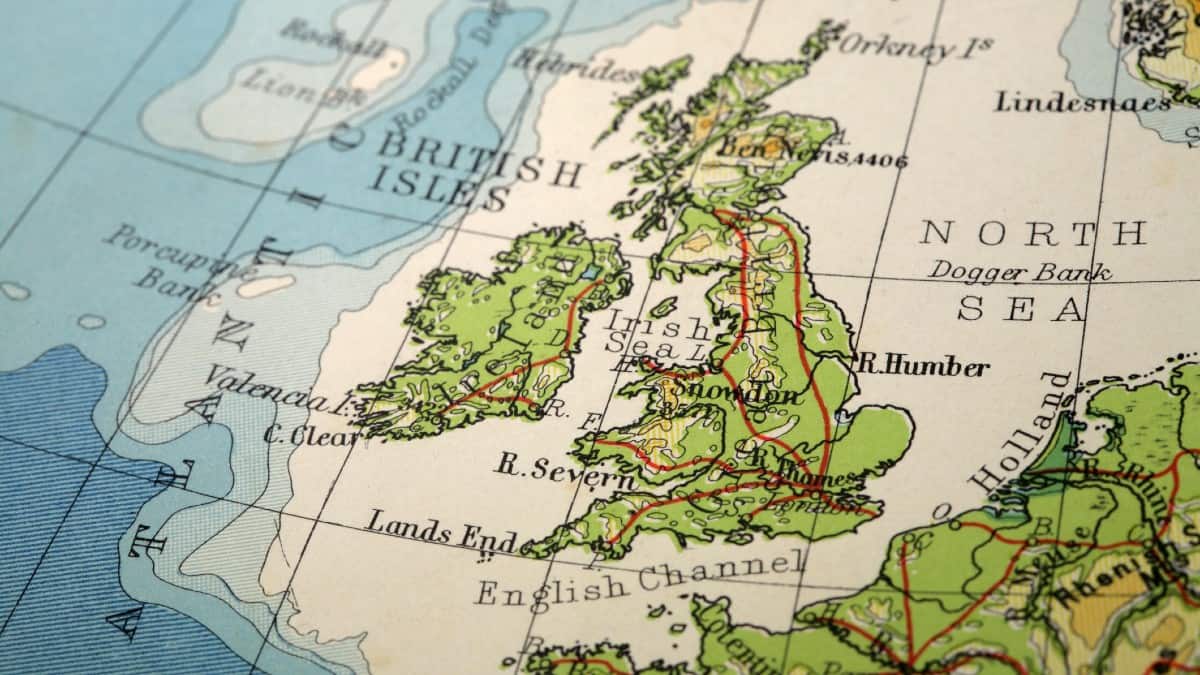Image source: Getty Images
Until a few days ago, I thought Tesco (LSE: TSCO) shares were the best thing since sliced bread. They’d smashed the FTSE 100 to grow 70% in just two years, and paid dividend income of around 4% a year on top.
Tesco had defended its perch as the UK’s most popular grocer, with its market share climbing above 28% for the first time since 2015, according to Kantar. That’s way ahead of second-placed Sainsbury’s on 15.2%. German budget chains Aldi and Lidl have made stunning progress, but can’t topple Tesco.
On 24 October, I praised Tesco’s “magnificent turnaround since the dark days of CEO Philip Clarke”. It began when Dave Lewis took over in 2014 and continued after Ken Murphy stepped up four years ago.
Is this FTSE 100 stock about to struggle?
I was optimistic about the future too. Inflation had dropped to 1.7% in September and Goldman Sachs said interest rates could slump as low as 2.75% in 2025. Consumers would have more cash in their pockets as a result. Lower inflation would cut Tesco’s input costs too.
I was further buoyed by a 4% increase in first-half sales (excluding fuel) to £31.5bn, with underlying retail operating profit up 10% to £1.6bn. Higher staff pay was offset by cost-cutting and productivity improvements.
I was all ready to buy Tesco when I had the cash but then something changed. It’s taken a few days for the impact to sink in.
In her Budget on 30 October, Labour chancellor Rachel Reeves hiked employers’ National Insurance levy to 15% and lowered the point at which they pay it. This is expected to cost UK businesses £25bn a year from April.
Tesco is the UK’s second biggest employer after Compass Group, with 330,000 on the payroll. The NI hike will cost it £250m a year, according to Morgan Stanley. Over the term of the Parliament, this will add up to £1bn.
Group profits are forecast to hit £2.9bn this year, so this isn’t the end of the world. But Tesco already operates with wafer thin operating margins of 4.1%. These will now be squeezed.
Profit growth will be tough in 2025
Tesco will pass some of the cost on to customers, but that’s not ideal either, given the competitive UK grocery sector. It daren’t go too far or it will risk losing market share. Customers won’t be feeling flush either, with Bank of England governor Andrew Bailey warning the Budget will push up prices, cut jobs and squeeze pay.
The other supermarkets are in the same boat. Sainsbury’s is the UK third biggest employer, for example. So Tesco is likely to retain its relative edge. Its shares are still bouncing along, up 24.17% in the last 12 months.
Yet I’m worried they may struggle as the NI hike and inflation issue get to work. If the Tesco share price dips, I’ll swoop. But not today.
Credit: Source link














